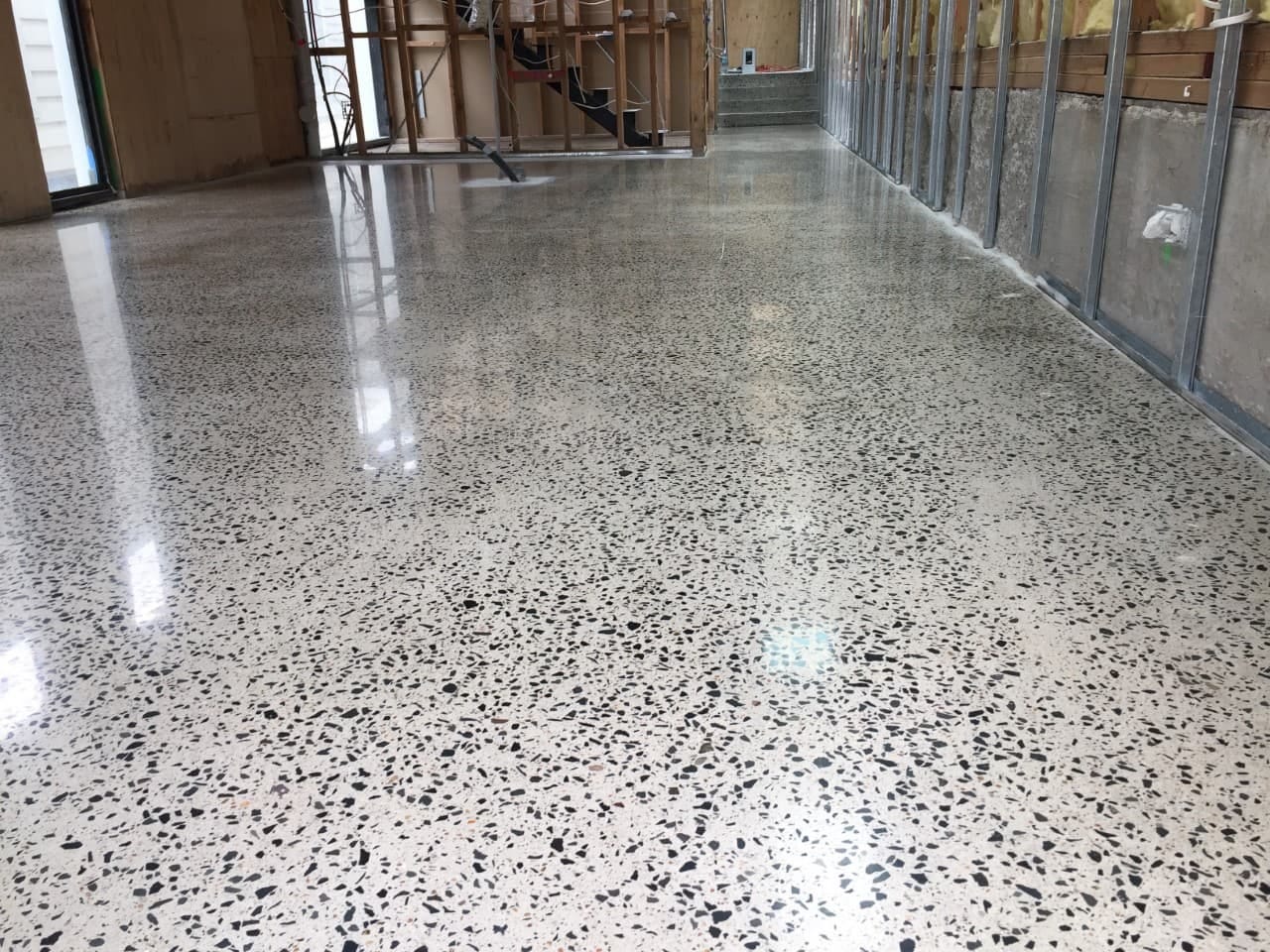

Articles
What Is An Epoxy Floor
Modified: February 23, 2024
Discover the benefits and applications of epoxy floor coatings in this informative article. Learn how to transform your space with durable and attractive epoxy flooring.
(Many of the links in this article redirect to a specific reviewed product. Your purchase of these products through affiliate links helps to generate commission for Storables.com, at no extra cost. Learn more)
Introduction
An epoxy floor is a type of flooring system that has become increasingly popular in both residential and commercial settings. It is known for its durability, versatility, and aesthetic appeal. Epoxy floors are created by applying multiple layers of epoxy resin onto a prepared substrate, such as concrete or wood. This creates a seamless and glossy surface that is resistant to stains, chemicals, and wear and tear.
Epoxy flooring offers a wide range of benefits, making it a preferred choice for homeowners, business owners, and industrial facilities. Whether you are looking to enhance the appearance of your home, protect your garage floor, or provide a durable and easy-to-maintain surface for your warehouse, epoxy flooring can meet your needs.
This article will provide an in-depth look at epoxy flooring, including its definition and characteristics, the benefits it offers, its various applications, the installation process, maintenance and cleaning requirements, potential drawbacks, and cost considerations. By the end of this article, you will have a comprehensive understanding of epoxy flooring and whether it is the right choice for your specific needs.
Key Takeaways:
- Epoxy flooring offers a durable, low-maintenance, and visually pleasing solution for residential, commercial, and industrial spaces, providing a seamless, glossy finish with customizable design options.
- While epoxy flooring presents numerous benefits, potential drawbacks such as installation complexity, initial odor, and susceptibility to scratches should be considered alongside cost factors, including size, substrate condition, and long-term maintenance requirements.
Read more: How To Epoxy A Floor
Definition of Epoxy Floor
An epoxy floor is a type of flooring system that consists of multiple layers of epoxy resin, which is a durable and thermosetting polymer. Epoxy resin is a two-component system that consists of a resin and a hardener. When these two components are mixed together, they undergo a chemical reaction, resulting in a rigid and strong material.
Epoxy floors are typically applied onto a substrate, such as concrete or wood, to create a smooth and seamless surface. The application process involves first preparing the substrate by removing any existing coatings, repairing any damaged areas, and ensuring a clean and sound base. Once the substrate is prepared, the epoxy resin is poured or spread onto the surface and then spread evenly using a roller or a squeegee.
After the initial coat of epoxy resin is applied, additional layers may be added to achieve the desired thickness and durability. These layers can also incorporate various additives, such as color pigments, decorative flakes, or anti-slip agents, to enhance the appearance and functionality of the floor.
Once the epoxy resin is fully cured, it forms a solid and durable surface that is resistant to chemicals, stains, impact, and abrasion. It provides a smooth and glossy finish that is easy to clean and maintain. The level of gloss can also be customized, ranging from a high-gloss to a matte finish, based on personal preference.
Overall, epoxy flooring offers a range of benefits, including durability, versatility, and aesthetic appeal. It is suitable for both residential and commercial applications, making it a popular choice in various settings, such as garages, warehouses, showrooms, commercial kitchens, healthcare facilities, and more.
Characteristics of Epoxy Floor
Epoxy floors possess several distinctive characteristics that make them a highly desirable flooring option for many individuals and businesses. Here are some key characteristics of epoxy floors:
- Durability: Epoxy floors are known for their exceptional durability. They are resistant to impact, abrasion, chemicals, stains, and heavy foot traffic. The epoxy coating acts as a protective barrier, preventing damage to the underlying substrate.
- Seamless and Smooth Surface: When applied correctly, epoxy floors create a seamless and smooth surface without any grout lines or joints. This not only enhances the appearance of the floor but also makes it easier to clean and maintain.
- Versatility in Design: Epoxy floors offer versatility in terms of design options. They can be customized with a range of colors, patterns, and decorative flakes to suit various aesthetics and preferences. This allows for endless design possibilities and the ability to create a unique and personalized floor.
- High-Gloss Finish: Epoxy floors are known for their glossy finish, which adds a touch of elegance to any space. The level of gloss can be adjusted based on personal preference, from a high-gloss shine to a more subtle matte finish.
- Chemical and Stain Resistance: Epoxy floors are highly resistant to chemicals, including oil, grease, acids, and solvents. This makes them suitable for use in industries where chemical spills and stains are common, such as automotive repair shops, laboratories, and manufacturing facilities.
- Slip-Resistance: While epoxy floors are naturally smooth, they can be modified to improve slip resistance. Anti-slip additives can be incorporated into the topcoat to provide traction and enhance safety in areas prone to wet or slippery conditions.
- Easy to Clean and Maintain: Epoxy floors are effortless to clean and maintain. The smooth surface prevents the buildup of dirt, dust, and bacteria, making it easy to sweep or mop away any debris. Regular cleaning helps to maintain the appearance and longevity of the floor.
These characteristics make epoxy floors an excellent choice for a wide range of applications, from residential garage floors to commercial and industrial facilities. Whether you are looking for a durable and attractive flooring option for your home, business, or industrial space, epoxy floors offer a combination of practicality and aesthetics.
Benefits of Epoxy Flooring
Epoxy flooring offers numerous benefits that make it an attractive option for both residential and commercial spaces. Let’s explore some of the key advantages of choosing epoxy flooring:
- Durability: Epoxy flooring is highly durable and can withstand heavy foot traffic, impact, abrasion, and chemicals. It provides a tough and resilient surface that can last for many years, even in high-use areas.
- Enhanced Safety: Epoxy floors can be customized with anti-slip additives, making them slip-resistant and safer to walk on, even in wet or oily conditions. This is especially beneficial in environments where safety is a priority, such as industrial facilities or commercial kitchens.
- Easy Maintenance: Epoxy floors are easy to clean and maintain. Their seamless and non-porous surface prevents dirt, dust, and debris from getting trapped, making it simple to sweep or mop them clean. They are also resistant to stains, so spills can be easily wiped away without leaving a mark.
- Chemical Resistance: Epoxy flooring is highly resistant to chemicals, including oil, grease, acids, solvents, and cleaning agents. This makes it an ideal flooring solution for areas where chemical spills are common, such as factories, warehouses, laboratories, and automotive facilities.
- Improved Aesthetics: Epoxy floors offer a sleek and professional appearance that can enhance the overall aesthetics of any space. They come in a wide range of colors, patterns, and finishes, allowing you to customize the look to match your design preferences or brand image.
- Moisture and Mold Resistance: Epoxy flooring creates a moisture-resistant barrier that prevents water and moisture from penetrating the surface. This helps to protect the underlying substrate from damage and reduces the risk of mold or mildew growth.
- Cost-Effective: In the long run, epoxy flooring can be a cost-effective choice due to its durability and low maintenance requirements. It eliminates the need for frequent repairs, replacements, and costly cleaning products.
- Quick Installation: Epoxy flooring can be installed relatively quickly compared to other flooring options. The curing time of the epoxy resin is usually short, allowing for minimal disruption to daily operations.
These benefits make epoxy flooring a popular choice for a variety of applications, including residential garages, commercial kitchens, industrial facilities, retail stores, healthcare facilities, and more. If you are seeking a flooring solution that offers durability, safety, low maintenance, and aesthetic appeal, epoxy flooring is an excellent option to consider.
Applications of Epoxy Floor
Epoxy flooring is a versatile option that can be used in a wide range of residential, commercial, and industrial settings. Its durability, aesthetic appeal, and easy maintenance make it suitable for various applications. Here are some of the common applications of epoxy flooring:
- Residential Garages: Epoxy flooring is a popular choice for residential garages. It provides a durable and stain-resistant surface that can withstand the weight of vehicles, resist tire marks, and is easy to clean. It also enhances the visual appeal of the space, transforming the garage into an attractive and functional area.
- Commercial Facilities: Epoxy flooring finds extensive use in commercial settings such as retail stores, restaurants, and showrooms. It creates a clean and sleek surface that can withstand heavy foot traffic, spills, and constant cleaning. The customizable options allow businesses to reflect their branding and create a professional and inviting atmosphere for their customers.
- Industrial Areas: Epoxy flooring is a preferred choice in industrial environments where durability, safety, and chemical resistance are crucial. It is commonly used in manufacturing plants, warehouses, factories, and processing facilities. Epoxy floors can withstand the challenges of heavy machinery, forklift traffic, high impact, and chemical spills, making them ideal for such demanding environments.
- Healthcare Facilities: Epoxy flooring is widely used in healthcare facilities, including hospitals, clinics, and laboratories. The seamless and non-porous nature of epoxy floors makes them hygienic and easy to sanitize, reducing the risk of microbial contamination. The resistance to chemicals and stains makes cleaning and maintenance efficient.
- Sports and Recreation Facilities: Epoxy flooring is also popular in sports and recreation facilities such as gyms, fitness centers, and indoor sports courts. It provides a safe and durable surface that can withstand the demands of heavy equipment, foot traffic, and sports activities. Epoxy floors can also be customized with specific colors and line markings to meet the requirements of different sports.
- Commercial Kitchens: Epoxy flooring is an ideal choice for commercial kitchens due to its slip-resistance and easy maintenance. Commercial kitchens require flooring that can withstand constant exposure to water, grease, and food particles. Epoxy floors provide a seamless and easy-to-clean surface that can handle the rigors of a busy kitchen environment.
These are just a few examples of the numerous applications for epoxy flooring. Its versatility and durability make it a suitable choice for various industries and settings. Whether you are looking to upgrade your garage, enhance your business space, or find a flooring solution for an industrial facility, epoxy flooring can provide the durability, aesthetics, and functionality you need.
When installing an epoxy floor, make sure to properly prepare the surface by cleaning and etching it to ensure proper adhesion. This will help the epoxy coating to last longer and perform better.
Read more: How To Mop Epoxy Floors
Installation Process of Epoxy Floor
The installation process of epoxy flooring involves several steps to ensure a successful and long-lasting application. While the specific process may vary depending on the substrate and conditions, here is a general outline of the installation process:
- Preparation of the Substrate: The first step is to prepare the substrate, which is typically concrete. The substrate must be cleaned thoroughly to remove any dirt, dust, grease, or contaminants. Any cracks or imperfections should be repaired, and the surface should be leveled if necessary. This ensures a proper adhesion and a smooth finish.
- Priming: After the substrate is prepared, a primer is applied. The primer helps to seal the substrate, improve adhesion, and prevent any moisture transmission. It is important to choose a primer that is compatible with the epoxy system being used.
- Application of the Base Coat: Once the primer is dry, the base coat of epoxy is applied using a roller or a squeegee. The epoxy resin is mixed with a hardener according to the manufacturer’s instructions. The base coat is spread evenly over the substrate, ensuring complete coverage. The thickness of the base coat may vary depending on the specific requirements and the desired durability of the floor.
- Optional Layers: Additional layers can be added for increased durability or aesthetic effects. For example, a second coat of epoxy can be applied to achieve the desired thickness and enhance the strength of the floor. Decorative flakes, pigments, or other additives can also be incorporated into the epoxy layers to create a customized appearance.
- Curing and Drying: Once all the layers are applied, the epoxy floor needs to cure and dry. The curing process can take anywhere from a few hours to several days, depending on the epoxy product used and the environmental conditions. It is crucial to follow the manufacturer’s instructions regarding curing time and avoid foot traffic or placing heavy objects on the floor until it is fully cured.
- Optional Topcoat: For added protection and durability, a topcoat is often applied to the cured epoxy floor. The topcoat helps to enhance the gloss, resist UV damage, and provide additional chemical and abrasion resistance. It also makes the floor easier to clean and maintain. The topcoat is typically applied using a roller or a sprayer.
It is important to note that the installation process of epoxy flooring requires proper safety measures, such as wearing protective gear and ensuring proper ventilation. It is recommended to hire professional installers with experience in epoxy flooring to ensure a successful and efficient installation.
By following these steps and ensuring proper surface preparation and curing time, you can achieve a durable, seamless, and aesthetically pleasing epoxy floor that will meet your specific needs and requirements.
Maintenance and Cleaning of Epoxy Floor
Maintaining and cleaning your epoxy floor is relatively simple and straightforward. By following a regular maintenance routine, you can keep your epoxy floor looking pristine and extend its lifespan. Here are some key tips for maintaining and cleaning your epoxy floor:
- Sweep or Vacuum Regularly: Regularly sweep or vacuum your epoxy floor to remove loose dirt, dust, and debris. This prevents them from scratching or wearing down the surface of the floor.
- Mop with Neutral pH Cleaner: Use a neutral pH cleaner and a soft mop or microfiber cloth to clean the surface of your epoxy floor. Avoid using harsh or abrasive cleaners, as they may damage the epoxy coating. Dilute the cleaner according to the manufacturer’s instructions and mop the floor gently.
- Address Spills Promptly: Don’t let spills sit on your epoxy floor for long periods. Clean up any spills as soon as they happen to prevent staining or etching. Use a damp cloth or mop to wipe away the spills, and then clean the area with a mild detergent if necessary.
- Avoid Extreme Temperatures: Although epoxy flooring is highly resistant to temperature changes, it’s still a good practice to avoid exposing the floor to extreme heat or cold. Sudden temperature fluctuations can cause the epoxy to expand or contract, potentially leading to cracks or other damage.
- Use Protective Pads: When moving heavy furniture or equipment on your epoxy floor, use protective pads or mats to prevent scratching or gouging the surface. This helps to preserve the aesthetic appeal of your floor and maintain its durability.
- Preventive Maintenance: Conduct regular inspections of your epoxy floor to identify any signs of damage or wear. Address any issues promptly, such as cracks or areas where the coating may be peeling or chipping, to prevent further damage and ensure the longevity of your floor.
- Reapply Topcoat (if necessary): Over time, the topcoat of your epoxy floor may wear off or lose its shine. If this happens, you can reapply a new layer of topcoat to restore the gloss and provide added protection to the epoxy surface.
Following these maintenance and cleaning practices will help you maintain the appearance and durability of your epoxy floor. It is important to note that each epoxy floor may have specific care instructions, so it is advisable to consult with the flooring manufacturer or installer for any specific guidelines or recommendations.
By incorporating regular cleaning and maintenance into your routine, you can enjoy the benefits of a beautiful and long-lasting epoxy floor for years to come.
Potential Drawbacks of Epoxy Flooring
While epoxy flooring offers numerous benefits, it is important to be aware of some potential drawbacks that may be relevant to your specific situation. Here are a few considerations to keep in mind:
- Installation Complexity: The installation of epoxy flooring requires proper surface preparation and knowledge of the application process. It is recommended to hire professional installers with experience in epoxy flooring to ensure a successful installation. DIY installation can lead to issues such as improper adhesion or bubbling.
- Initial Odor: During the installation process and curing period, epoxy floors can emit a strong odor. This odor may linger for several days or even weeks, depending on the ventilation and curing conditions. It is advisable to ventilate the space during and after installation to minimize the odor.
- Slippery When Wet: Although epoxy floors can be modified to improve slip resistance, they can still be slippery when wet. It is important to take precautions and use mats or rugs in areas prone to moisture to reduce the risk of slipping.
- Prone to Scratches and Damage: While epoxy flooring is generally durable, it can still be susceptible to scratches, especially in high-traffic areas. Heavy objects being dropped or dragged across the floor can also cause damage. It is important to use protective pads under furniture, avoid dragging heavy items, and be cautious when moving objects.
- Limited Temperature Resistance: Epoxy flooring is not suitable for environments with extreme temperature variations. Excessive heat can cause the epoxy to soften and potentially result in surface damage. Extreme cold can make the epoxy more brittle. It is important to follow temperature guidelines and avoid exposing the floor to extreme conditions.
- Potential Yellowing: Over time, epoxy floors may undergo a yellowing effect, especially when exposed to direct sunlight. This can affect the appearance of the floor, resulting in a slightly yellow or amber tint. Regular maintenance and topcoat reapplication can help minimize this effect.
- Difficult to Repair: In the event of significant damage, repairs to epoxy flooring can be challenging. Epoxy repairs require proper surface preparation and matching the repaired area to the surrounding floor. It is often recommended to consult with a professional to ensure a seamless repair.
It’s important to carefully consider these potential drawbacks alongside the benefits of epoxy flooring. While they may not be significant concerns for many people, understanding the limitations and maintenance requirements will help you make an informed decision about whether epoxy flooring is the right choice for your specific needs and circumstances.
Cost Considerations for Epoxy Flooring
When considering epoxy flooring for your space, it is essential to evaluate the cost factors involved. Understanding the cost considerations will help you budget effectively and make an informed decision. Here are some key factors to consider:
- Size of the Area: The size of the area to be covered with epoxy flooring is a significant cost consideration. Larger areas require more materials, labor, and time, which can increase the overall cost.
- Existing Substrate Condition: The condition of the existing substrate plays a crucial role in determining the cost. If the substrate requires extensive preparation such as repairs, leveling, or removal of old flooring, additional time, labor, and materials will be needed, potentially increasing the overall cost.
- Number of Layers and Additives: The number of layers and the inclusion of additives can affect the cost. Adding multiple layers or incorporating decorative flakes, pigments, or anti-slip agents into the epoxy flooring will increase material and labor costs.
- Complexity of the Design: If you desire a more complex design, such as patterns or custom colors, it may require additional time, expertise, and materials, which can contribute to higher costs.
- Installation Method: The type of installation method chosen can impact the cost. DIY installations may be more affordable upfront, but hiring professional installers ensures proper application and minimizes the risk of costly mistakes or repairs.
- Quality of Epoxy Products: The quality of the epoxy products used will affect the cost. Higher quality, commercial-grade epoxy products tend to be more expensive but offer better performance, durability, and longevity compared to lower quality alternatives.
- Maintenance and Longevity: While epoxy flooring has low maintenance requirements, it is essential to consider long-term costs. Investing in high-quality materials and proper maintenance can help extend the life of the floor, reducing the need for costly repairs or replacements in the future.
- Additional Services: It’s important to inquire about any additional services offered by the installation company. This may include warranties, maintenance plans, or aftercare services, which could impact the overall cost but provide added value in terms of peace of mind and support.
It is recommended to obtain quotes from multiple epoxy flooring contractors to compare costs and services. Be sure to ask about any hidden or additional charges and inquire about warranties or guarantees provided by the installer or the manufacturer of the epoxy products.
Remember that the cost of epoxy flooring should be considered alongside the benefits it offers, such as durability, longevity, and aesthetic appeal. Ultimately, finding a balance between cost and quality is key to making a well-informed decision that suits your budget and meets your requirements.
Read more: How To Clean Epoxy Floor
Conclusion
Epoxy flooring offers a durable, versatile, and aesthetically appealing solution for a variety of residential, commercial, and industrial spaces. With its seamless and glossy finish, epoxy floors provide numerous benefits, including durability, easy maintenance, chemical resistance, and customizable design options. It is a popular choice for applications such as garages, commercial facilities, industrial areas, healthcare facilities, sports facilities, and commercial kitchens.
However, it is important to consider some potential drawbacks of epoxy flooring, such as the need for proper installation, the initial odor during installation, the risk of slipperiness when wet, and the potential for scratches and damage. Additionally, temperature limitations and the possibility of yellowing over time should be taken into account. Nevertheless, by following regular maintenance practices and addressing any issues promptly, these drawbacks can be minimized.
The cost considerations for epoxy flooring involve factors such as the size of the area, the condition of the substrate, the number of layers and additives, the complexity of the design, the quality of the epoxy products, and the long-term maintenance requirements. Evaluating these factors and obtaining quotes from reputable epoxy flooring contractors will help in making an informed decision that aligns with your budget and requirements.
In conclusion, epoxy flooring offers a durable, low-maintenance, and visually pleasing flooring option that can meet the needs of various residential, commercial, and industrial settings. With its range of benefits and customization options, epoxy flooring provides an attractive and long-lasting solution that can transform any space. Whether you’re looking to enhance your garage, upgrade your commercial facility, or create a safe and functional environment, epoxy flooring is worth considering as an investment in both aesthetic appeal and practicality.
Frequently Asked Questions about What Is An Epoxy Floor
Was this page helpful?
At Storables.com, we guarantee accurate and reliable information. Our content, validated by Expert Board Contributors, is crafted following stringent Editorial Policies. We're committed to providing you with well-researched, expert-backed insights for all your informational needs.
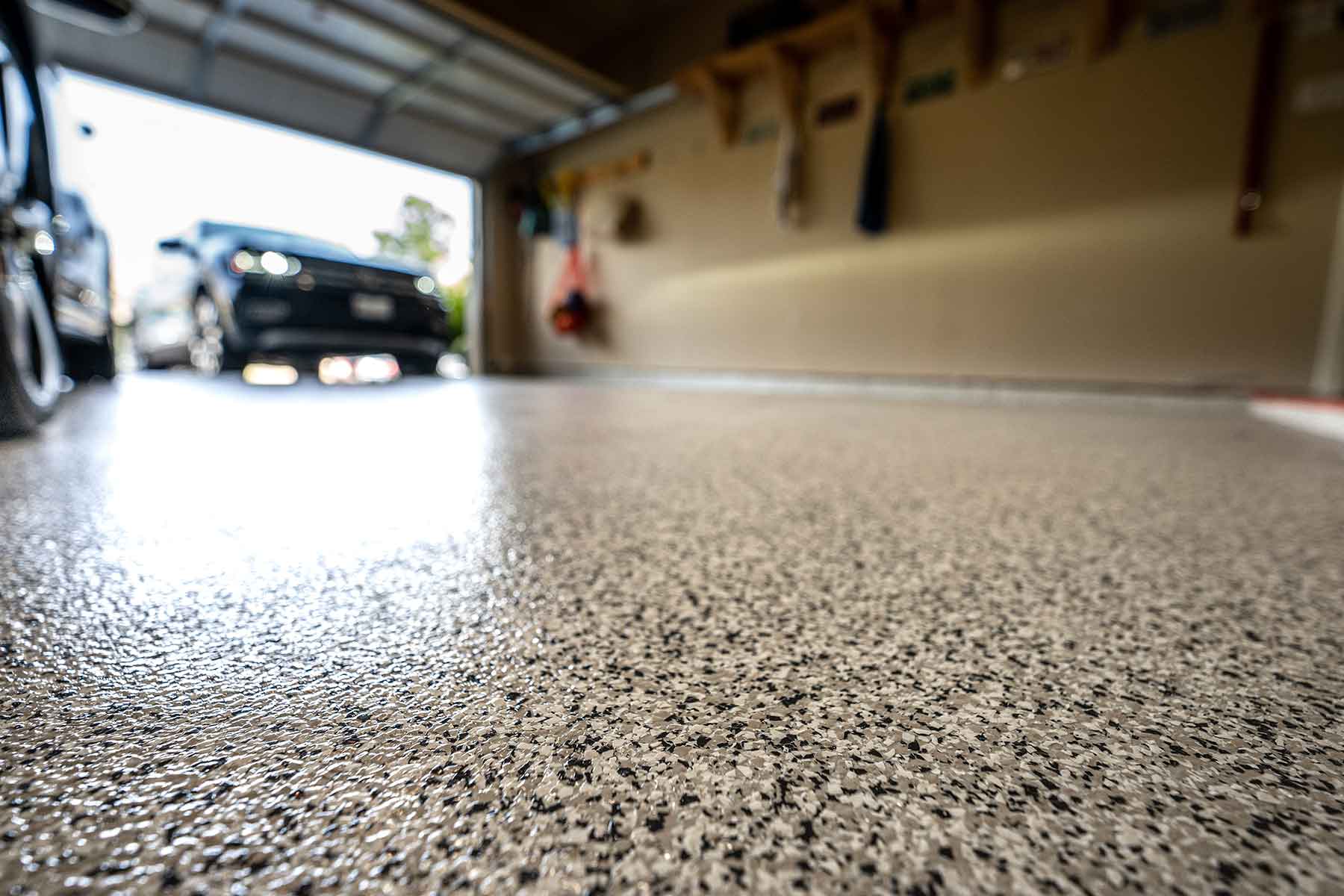
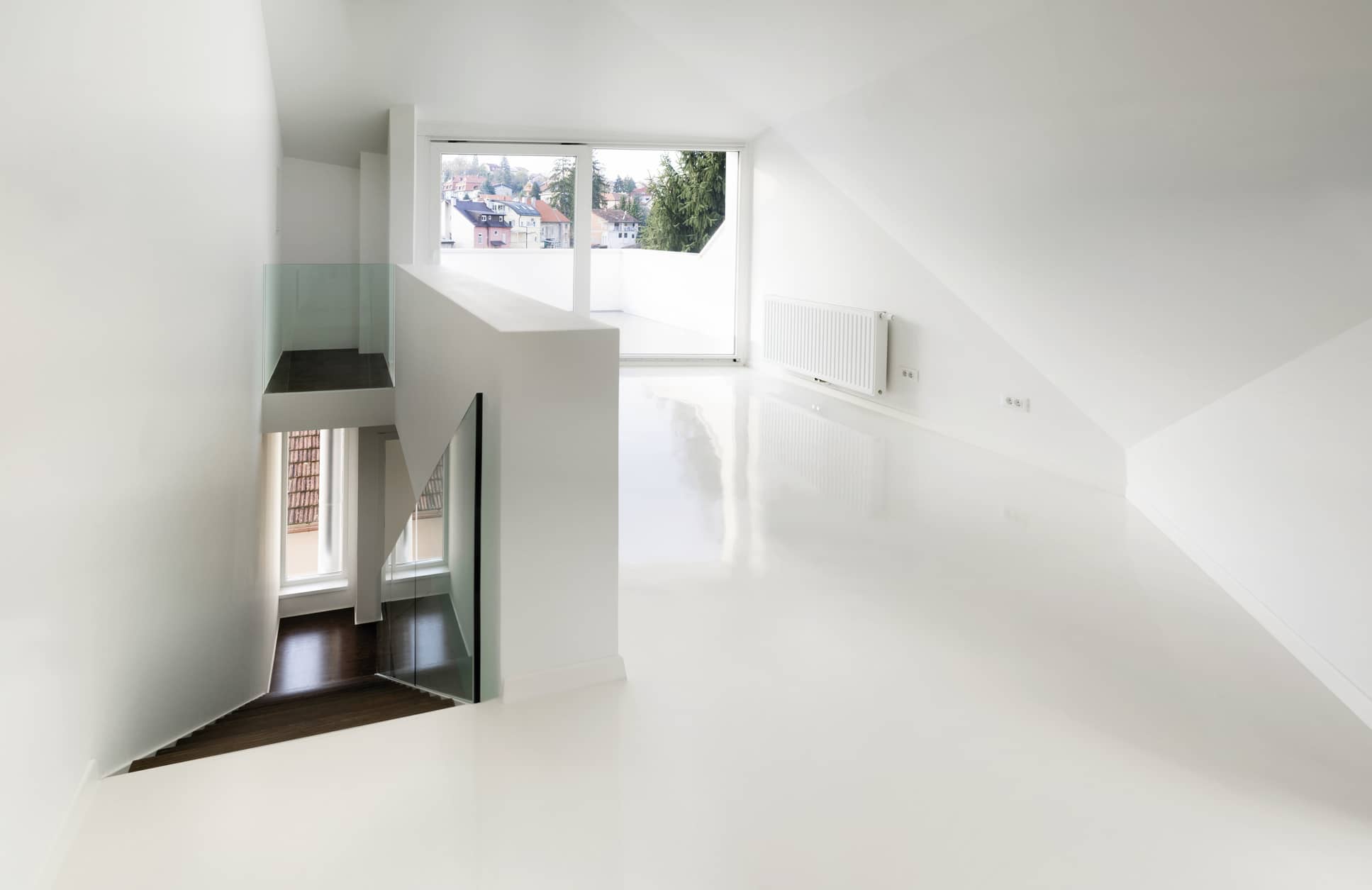
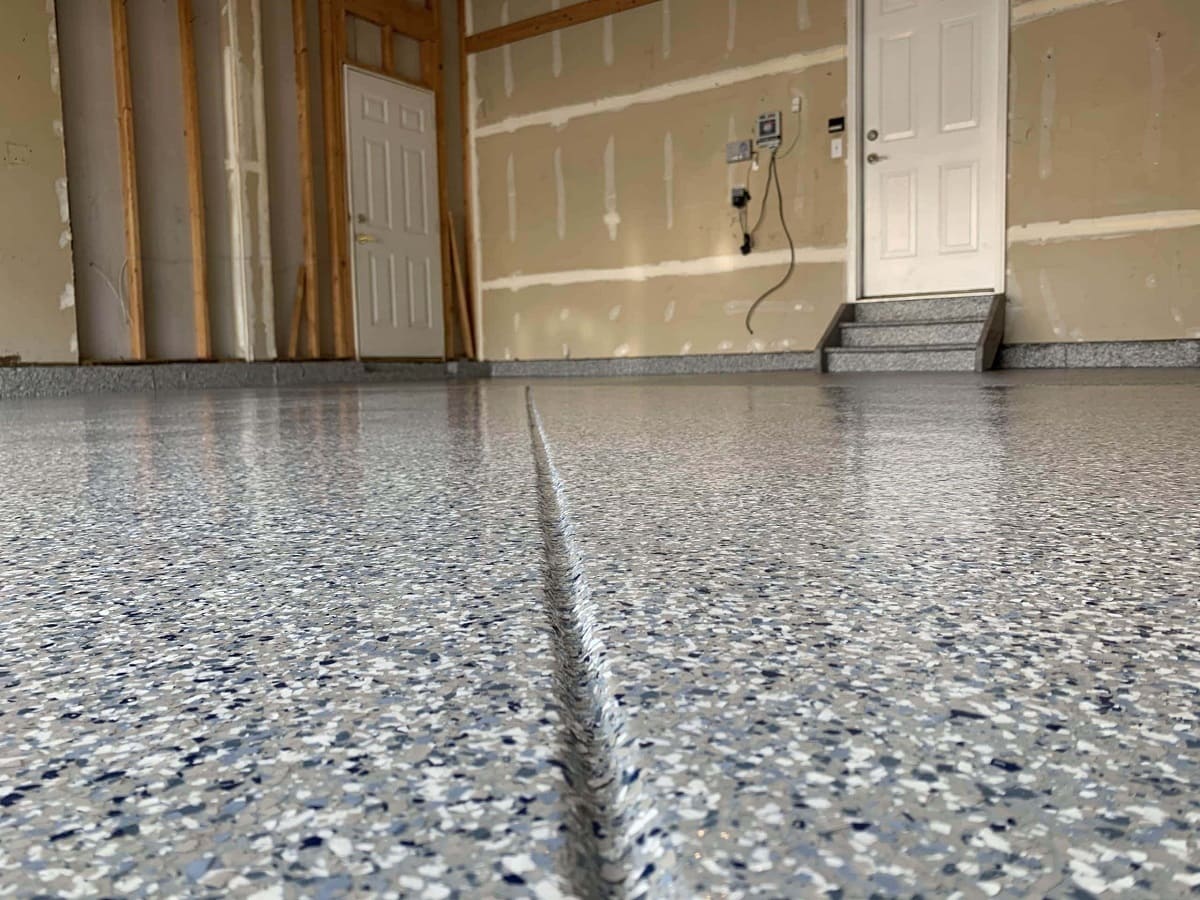
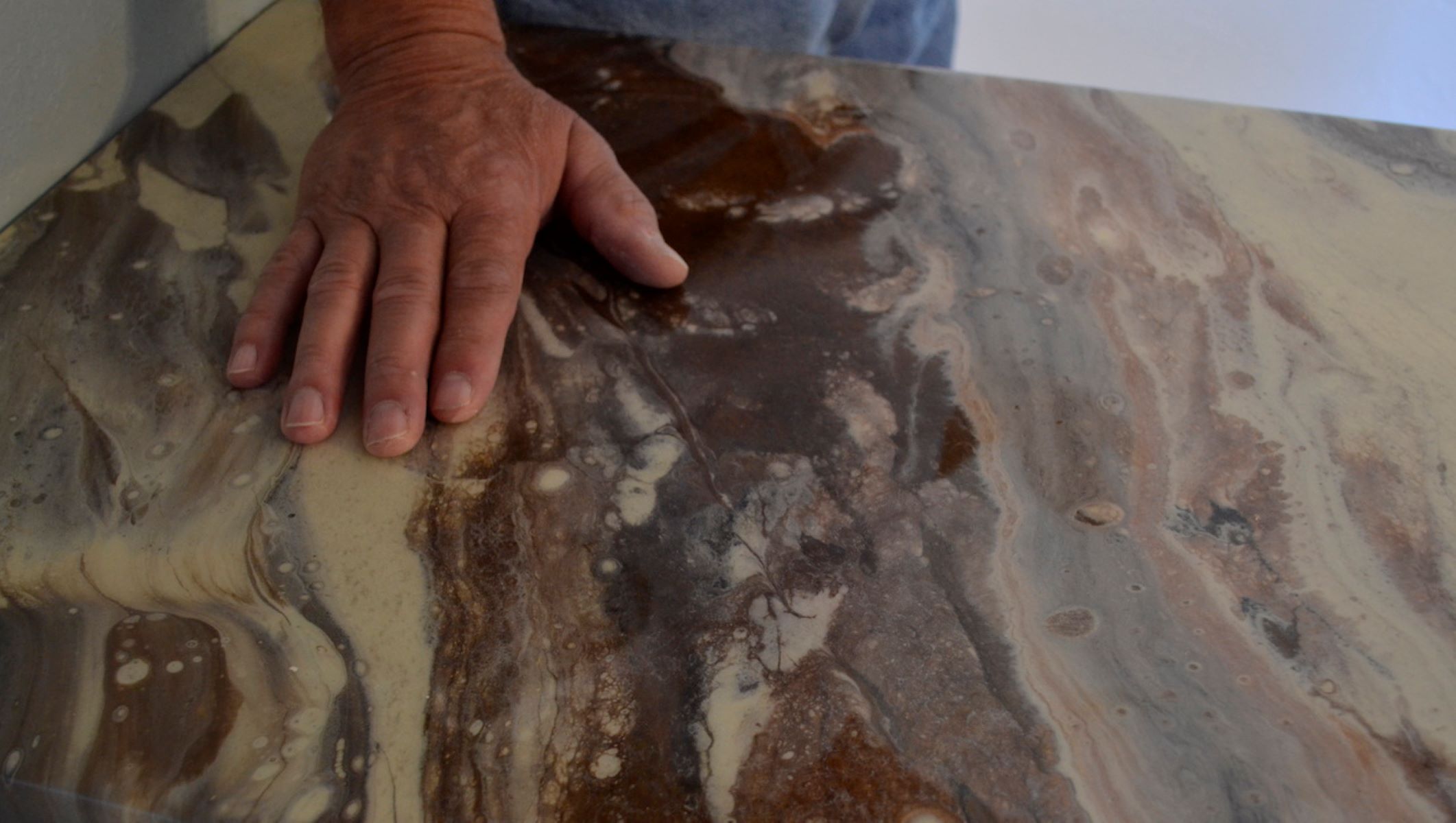
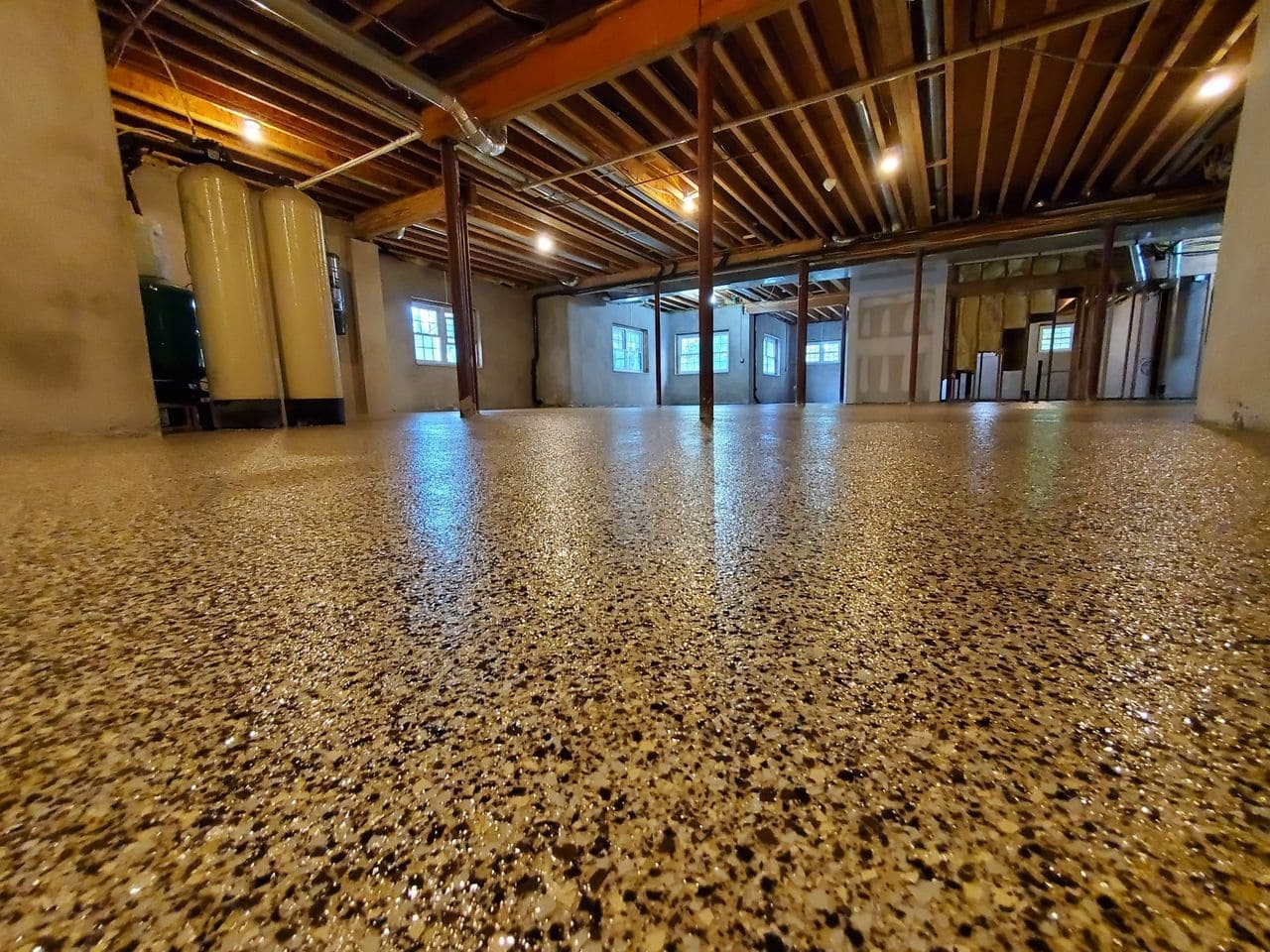
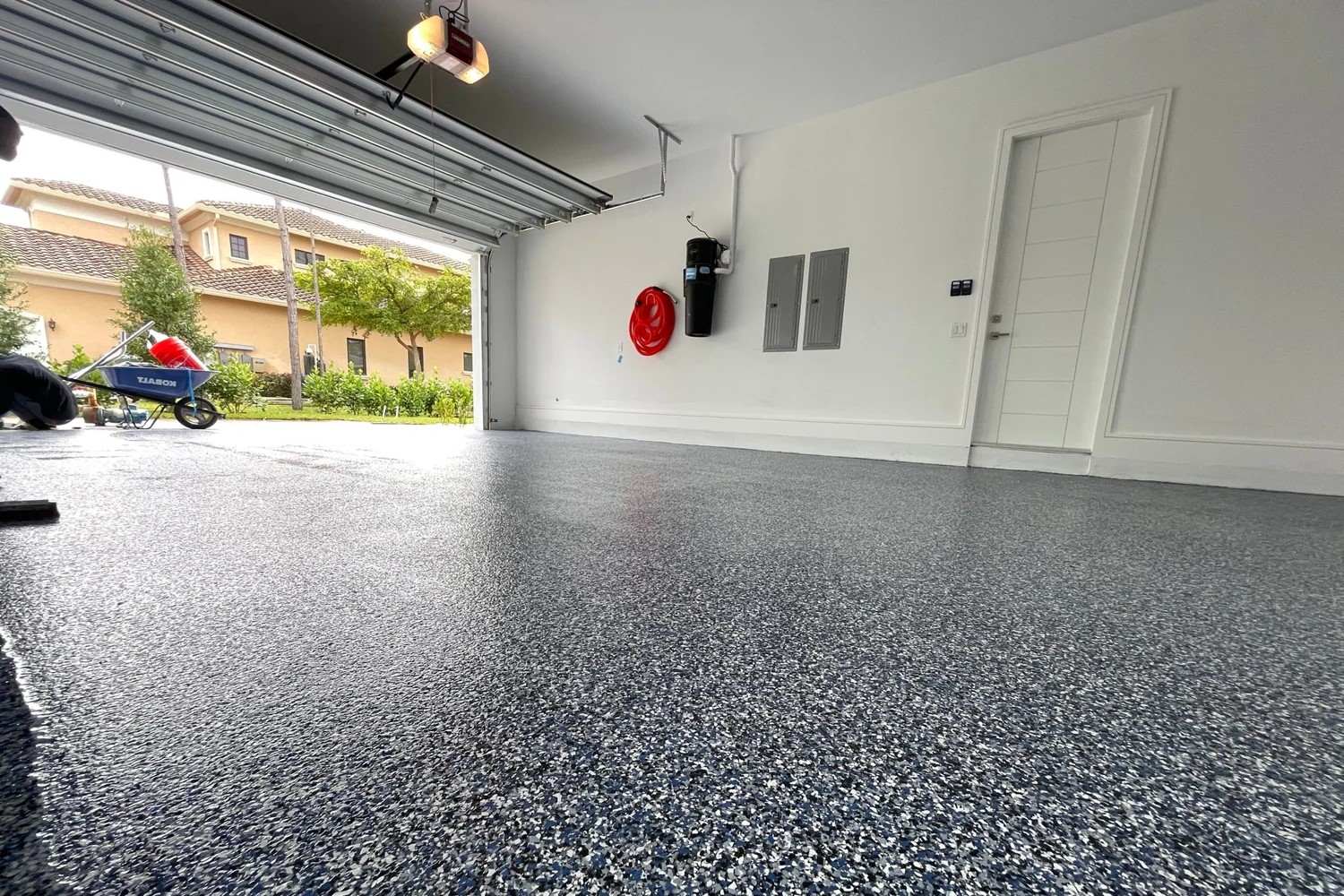
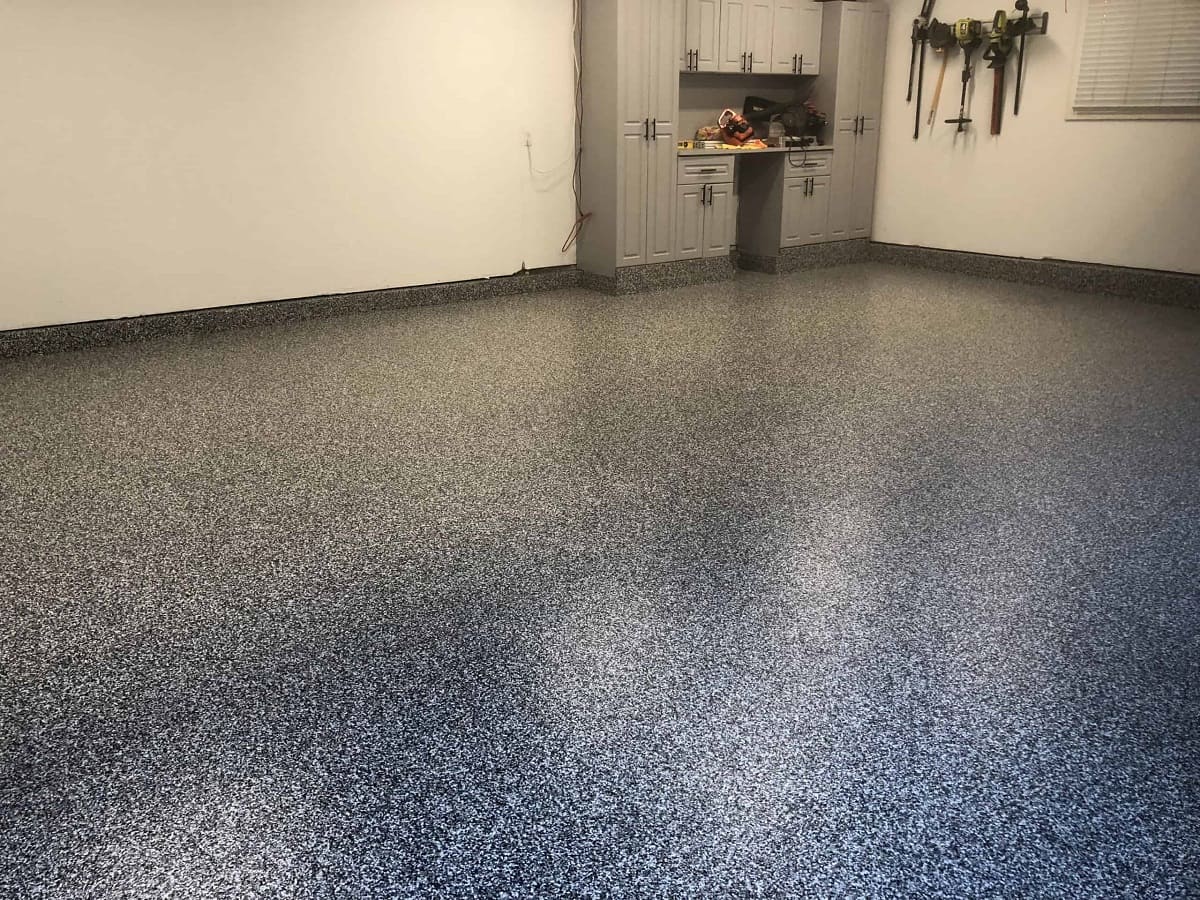
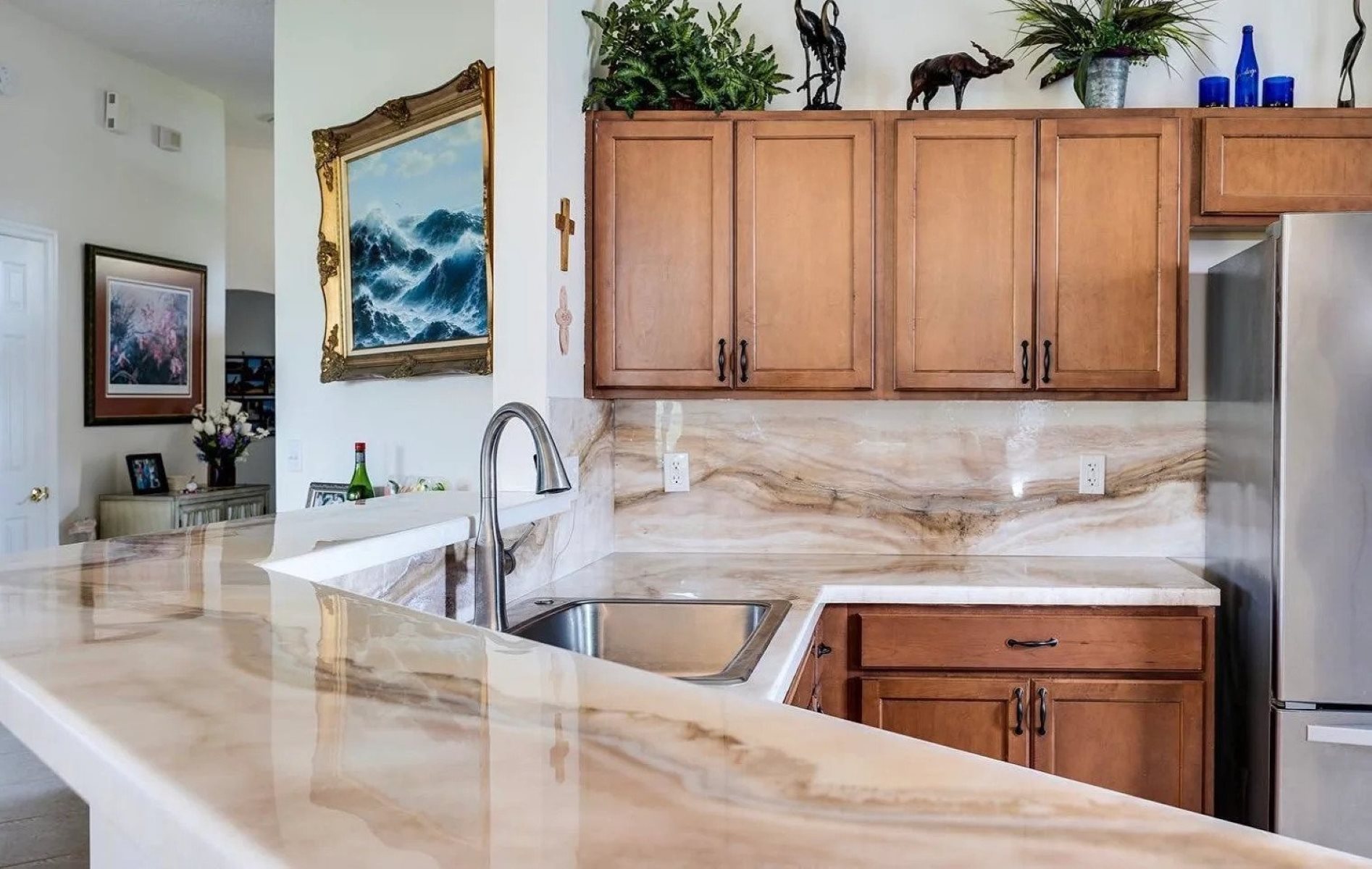
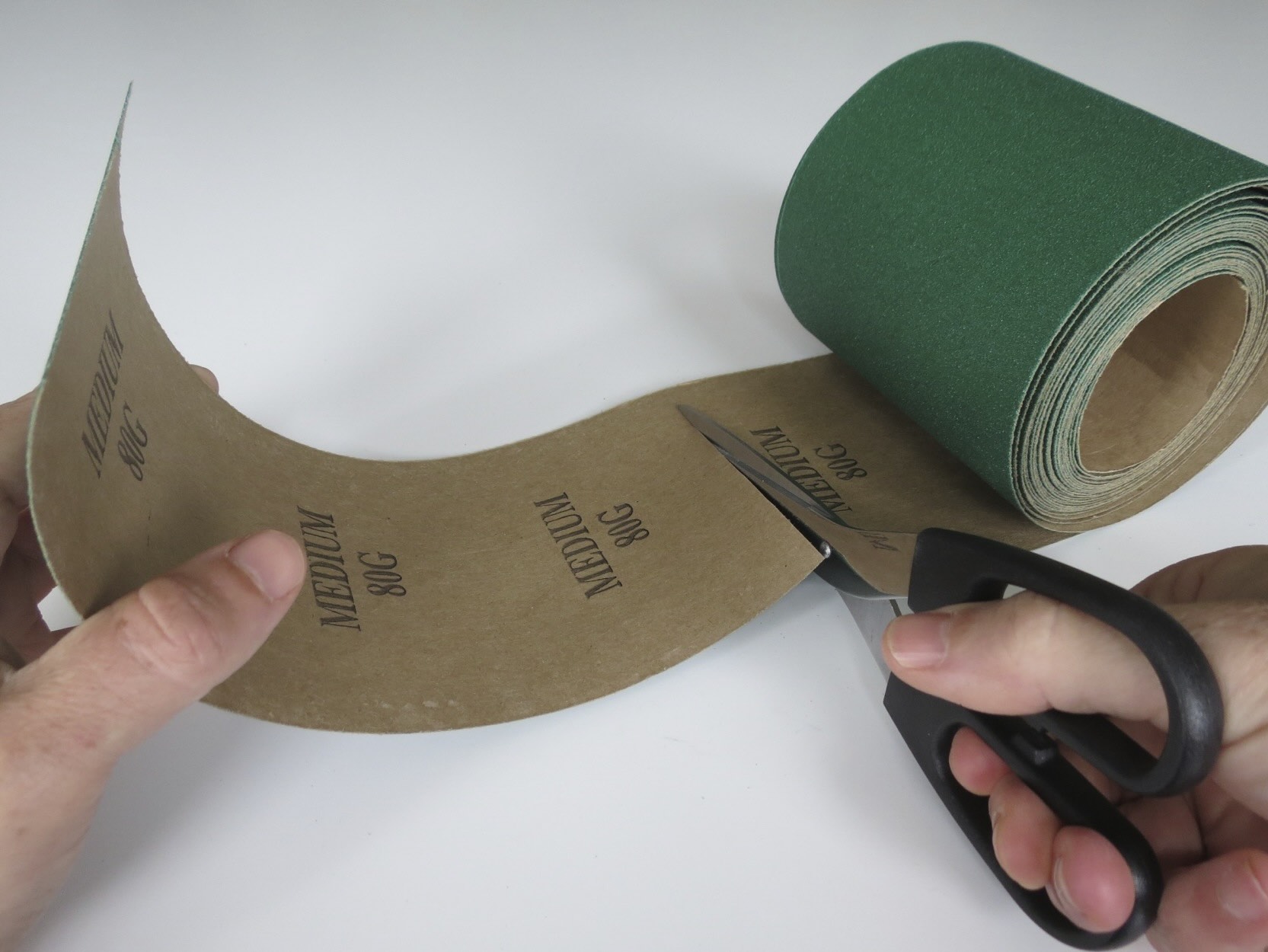
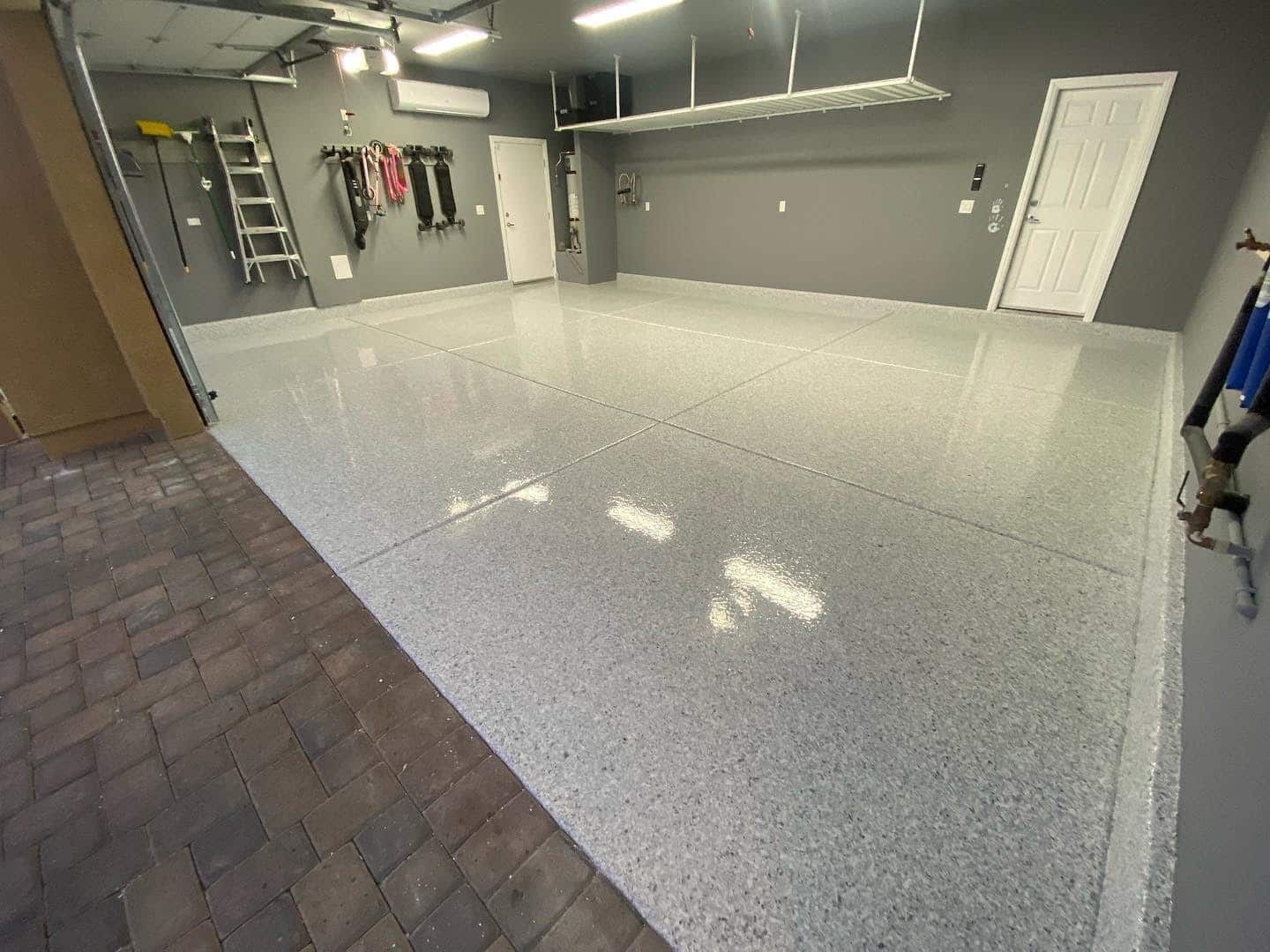
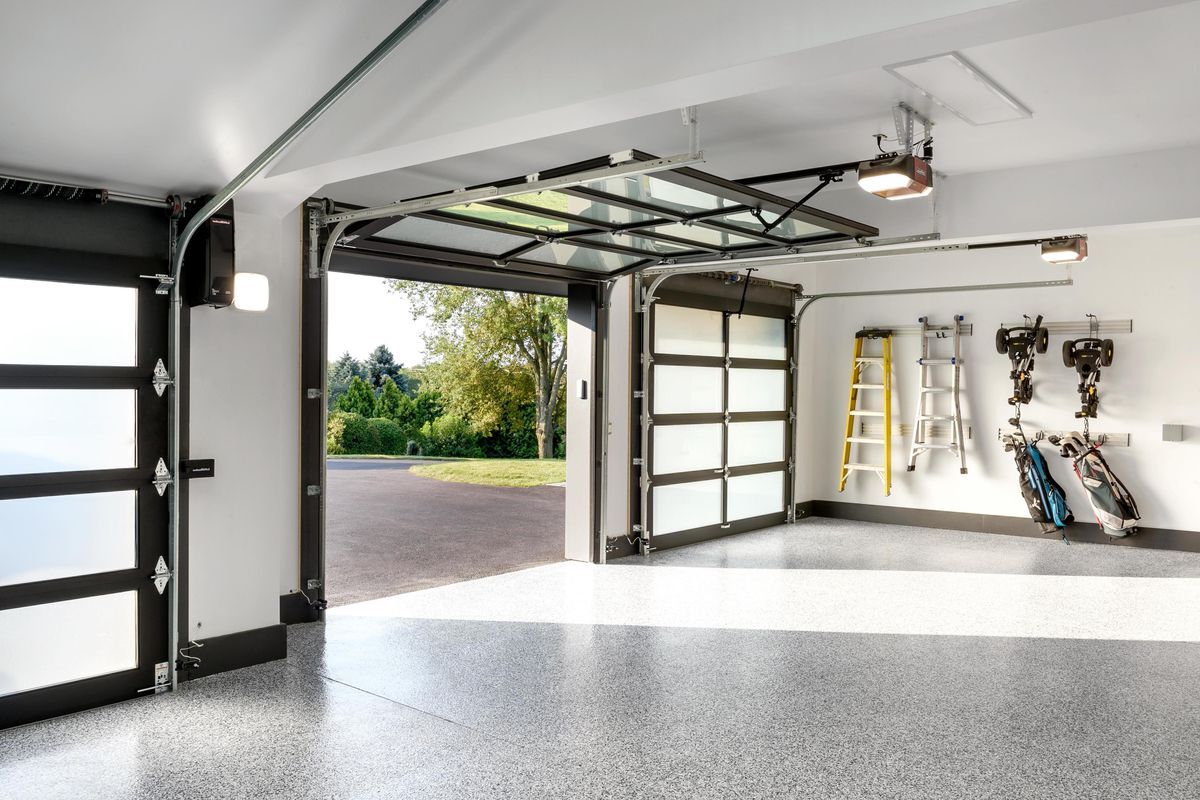
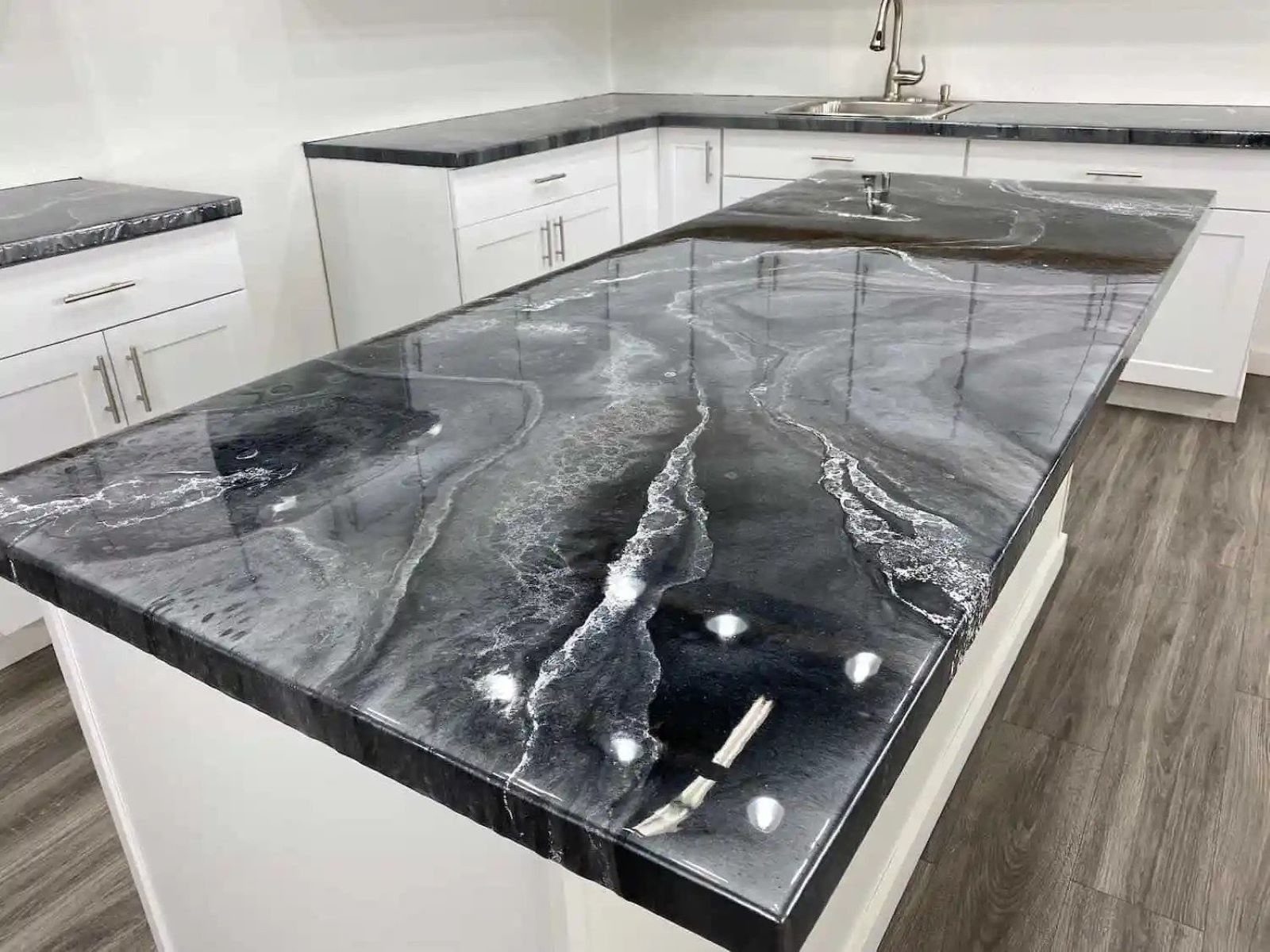
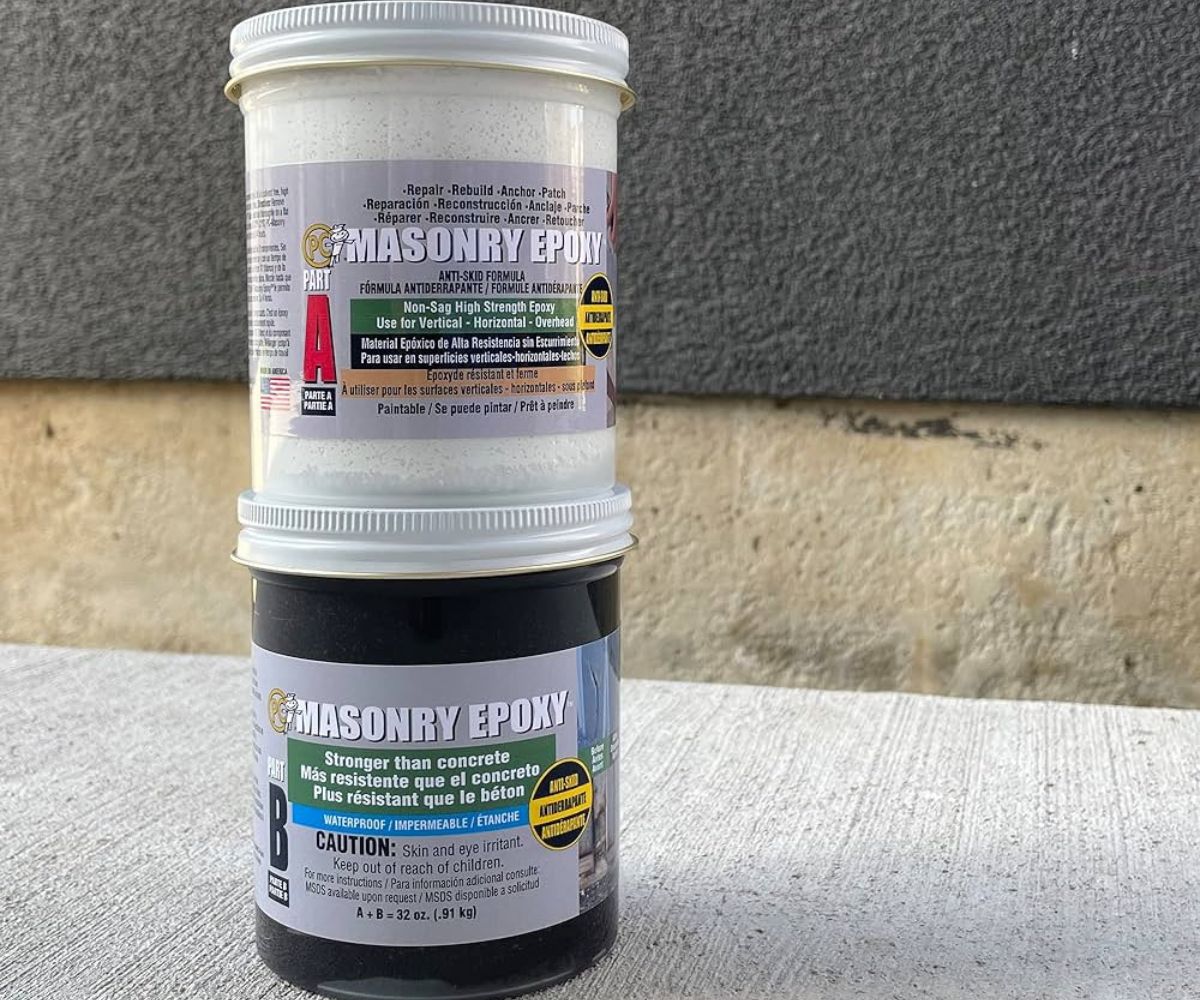

0 thoughts on “What Is An Epoxy Floor”